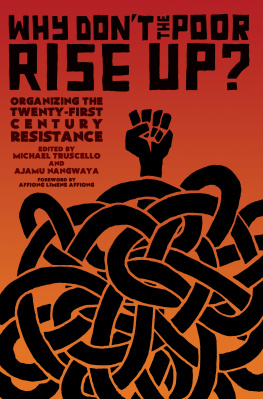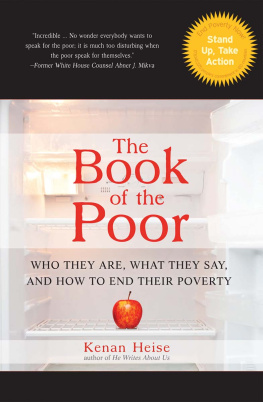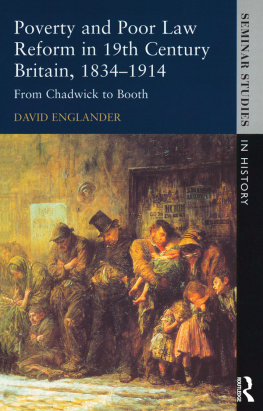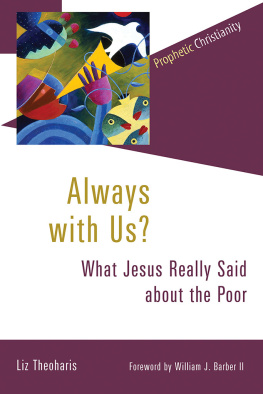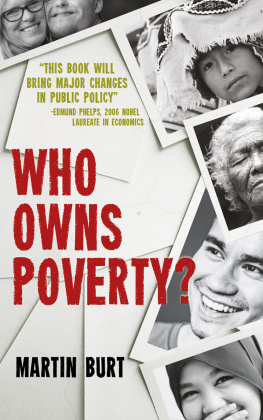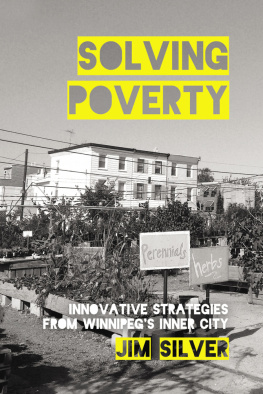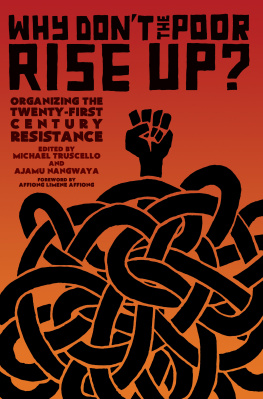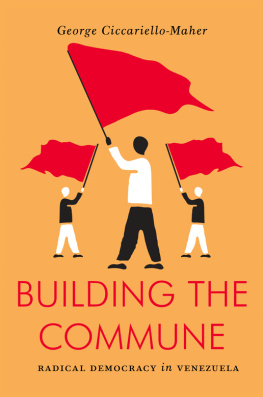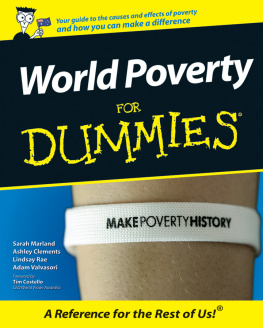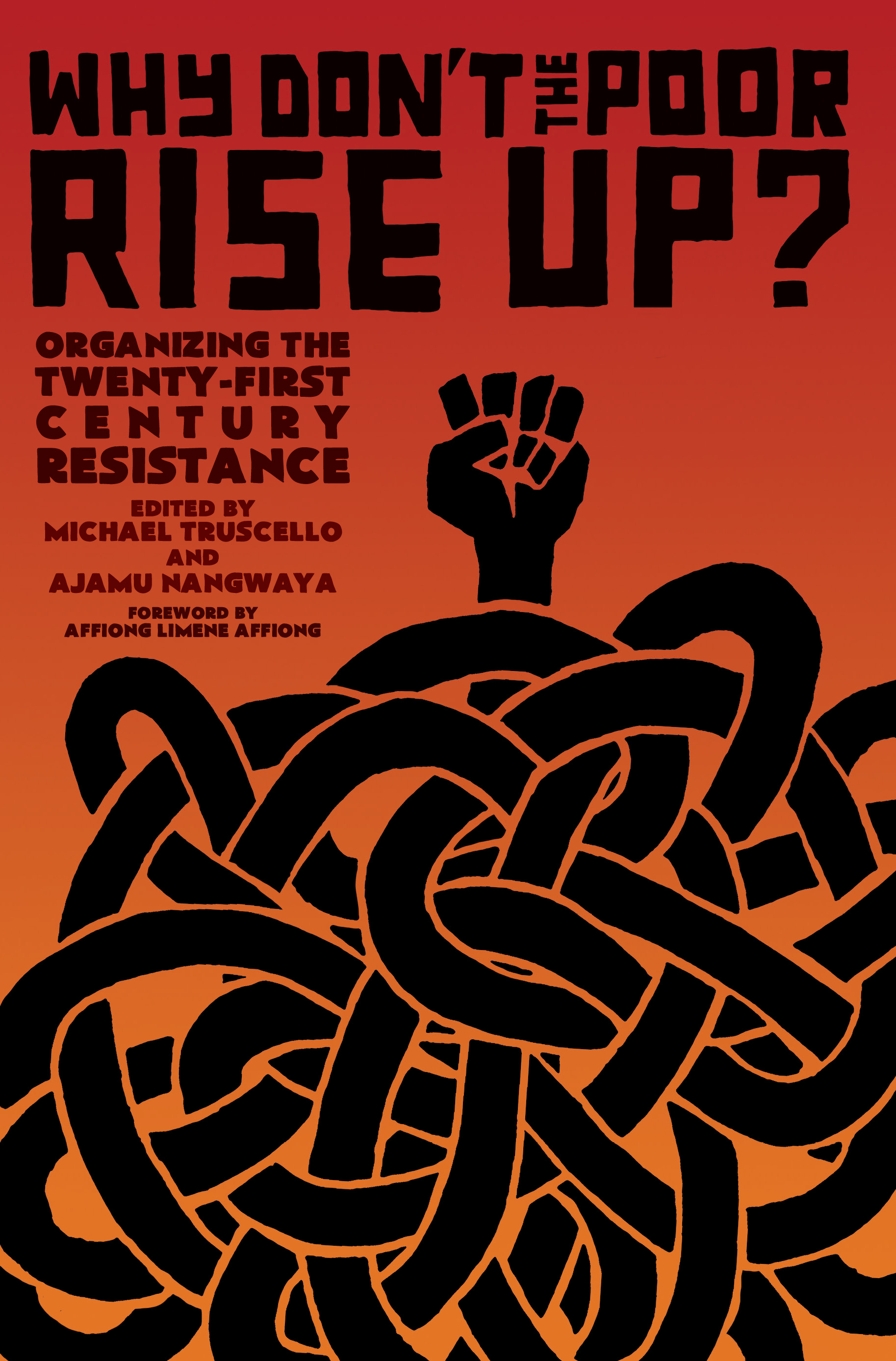Dedication
David Gmez vazquez (19922017)
The first time I met David, he was 22 years olda bright eyed, slightly shy, and quick-stepped compaero. We met at a workshop about organizing for community health. We didnt speak much that time but I remember him earnestly jotting down notes and asking questions with a look and tone that transmitted both interest and urgency. This was one of the first collective encounters that gave birth to the Brigada de Salud Comunitaria 43, a grassroots, community-based project and organizing space that David participated in and supported until the day of his assassination on February 11 th , 2017, a few weeks shy of his turning 25. Davids sense of urgency was one that we shared in the almost three years that we knew each other as friends and compaeros, supporting the work of the Brigada in one of the most politically, economically, and socially turbulent regions of Mexico: the state of Guerrero. A sense of urgency permeates daily life in this region and country where forced disappearance, torture, and extrajudicial assassinations, alongside worsening living, work, and health conditions, are factors that organizers contend with, strategize around, and far too often, lose their lives to. David often spoke about the need to do as much as possible while he was still young and still had energy. He viewed grassroots organizing as an identity and way of life. His lifes path and choices reflected this deep commitment. At the age of thirteen he participated in the mobilization that pressured for the release of political prisoners detained during the anti-globalization protests in Guadalajara, his home city. He continued to participate in various spaces in Guadalajara until making the decision to move to Mexico City in 2010 at the age of 17, in order to participate in the vibrant and radical student movement. It was during this period that his interest grew in supporting organizing efforts in the state of Guerrero. Over the next few years he would support the organizing efforts of students at the Ayotzinapa Teachers College and the Community Police (CRAC-PC) while remaining active in solidarity efforts in student-led spaces in Mexico City. As I got to know David, I was surprised by his dedication, especially his solid theoretical base. I admired his familiarity with various political processes and social movements from different eras of Mexican history but above all the ease with which he brought people from different organizing spaces together and participated in the construction of community-based efforts. In the various community-based organizing spaces I witnessed David in, it was evident that he inspired trust, hope, respect, and, above all, a sense of familysomething we always spoke of as being fundamental to solid organizing efforts. During the most difficult days in which the weight of political repression and violence hung heavily over us, during the mourning for compaeros fallen in struggle, I could always count on David to make sure I didnt give up hope. He believed it was possible to construct community-based autonomy with a mix of socialist and anarchist principles through praxis that respected indigenous identity, local needs, history, and experience. This is the commitment that we hold to Davids memory and the memory of many other compaeros we have lost. David, I can only say thank you for your energy, your ideas, your mistakes, and the time that you shared with uspart of your family rooted in struggle.
David, hermano mo, contigo seguiremos siendo pueblo, hacindonos pueblo y estando con el pueblo. Descansa en eterna rebelda.
Brigada de Salud Comunitaria 43 28 de febrero, 2017 Mxico
Foreword
Organising in the Twenty-First Century
Why dont the poor rise up? This question evokes reflection and engagement from anyone concerned with the question of organization and transformation in a world inflicted with Capitalism and blighted by Im perialism.
The title is both challenging and provocative, in the sense that it is at once a question and an assumption. But is it true that the poor do not rise up? Or do we simply not recognize their resistance and re bellions?
This book, with contributions from all over the world grounded in activism, academia, advocacy, arts, culture, community-based organizing, education, grassroots politics, media, research, human rights, and unionism, provides us with a practitioners perspective on the range of issues that challenge us on this question.
In a world where the definition of poor and the erstwhile distinction between the working class and the poor has become merged in the working poor, we are confronted with the inferred frustration in the title.
Sometimes activists and organizers slide into apathy, especially when confronted with the daily challenges and frustration in trying to organize within our communities, constituencies, and countries. We often think that our situation is peculiar, and that the grasslands of struggle are greener and more fertile in oth er places.
As one who contends daily with the question and challenges of organizing, I believe this book offers serious analysis and deep insight on the trials and prospects of organizing in the twenty-first century. There is a dire need for books like this, which will hopefully develop into a series of organizers manuals on practic al themes.
In this anthology of radical perspectives on contemporary struggles from around the world, contributors offer cutting edge analysis and proffer radical possibilities from research, experience, and praxis. We are offered critical pathways in exploring new ways of thinking about organization, resistance, rebellion, and revolution. This book is a testimony to the fact that there is a universal narrative in peoples stories, and that our struggles are essentiall y similar.
The most potent weapon in the hands of the oppressor is the mind of the oppressed. Steve Biko
The question of the spiritual exploitation of the poor is very close to home, especially for anyone here on the Afrikan continent. In these times of mega churches overflowing with masses of poor folk desperately searching for salvation, the people are led to believe that salvation is lodged in a secure, albeit unidentified, location in heaven, certainly not here on earth, and therefore not worth fighting for. Thus, religion plays a critical role in subduing and demobilizing the poor into passivism and acceptance of their fate as destiny.
The constant and unrelenting peddling of hope for a better tomorrow while investing in heavenas opposed to organising for an earthly version of paradiseare the toxic ingredients of mind numbing propaganda unleashed daily on the masses. The lesson? That resistance and rebellion are ungodly activities that will not secure the golden one-way ticket to eternity!
The new prosperity preaching on the long-awaited treasures from heaven and the virulent demonization of poverty as an affliction from the pit of hell ensures that the poor are snared in a dual trap of aspiring to become wealthy like the preacher while temporarily tolerating poverty as an affliction from Satan, certainly no fault of capitalism or imp erialism!
The consequence of this religious tranquilizer is that people subscribe to the notion that it is not in their interest to rise up and smash the system; they only want a bit of the capitalist cake, rotten as it is. The icing on this spiritual cake is that suffering is a test of faith and endurance. So why struggle?

